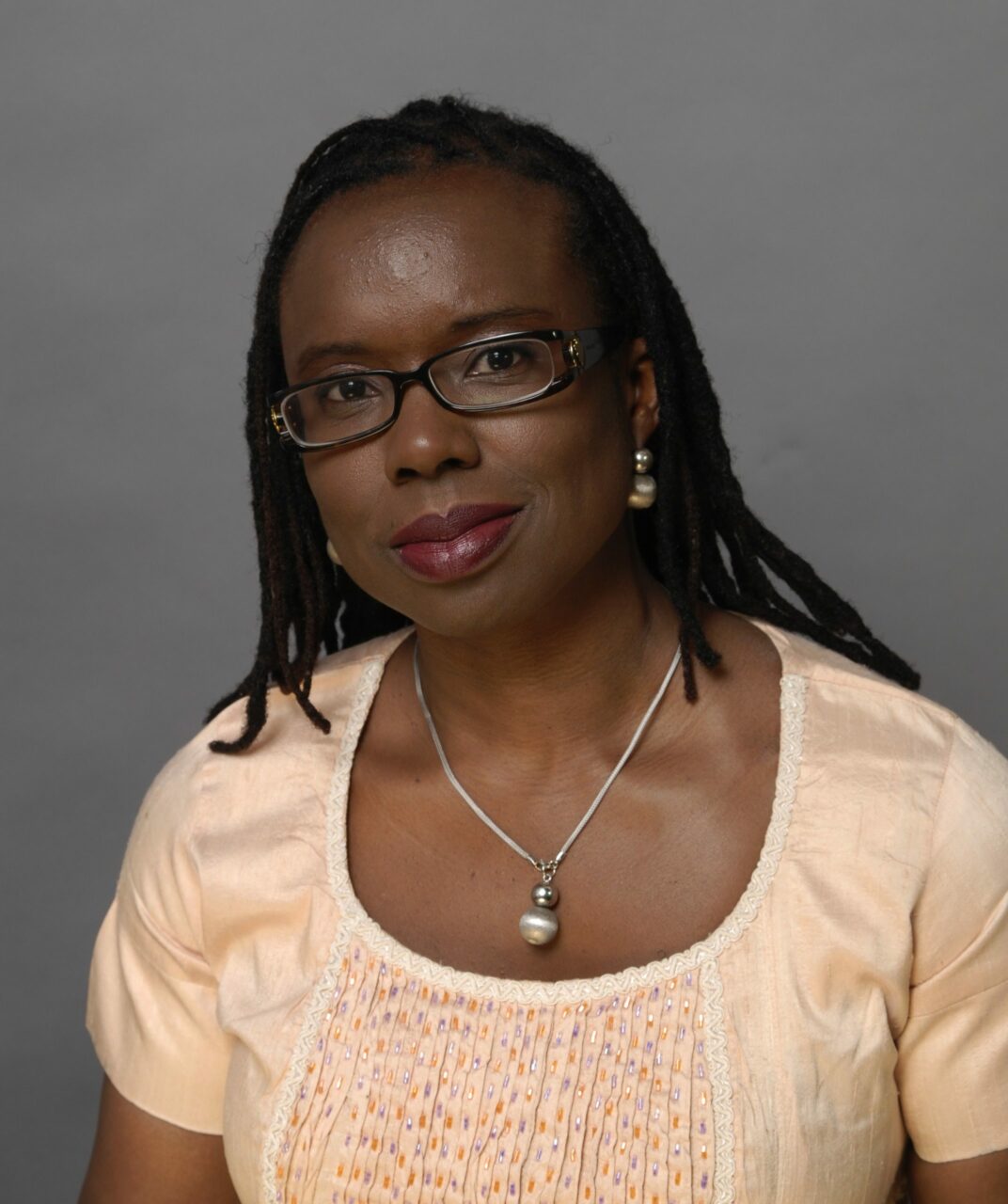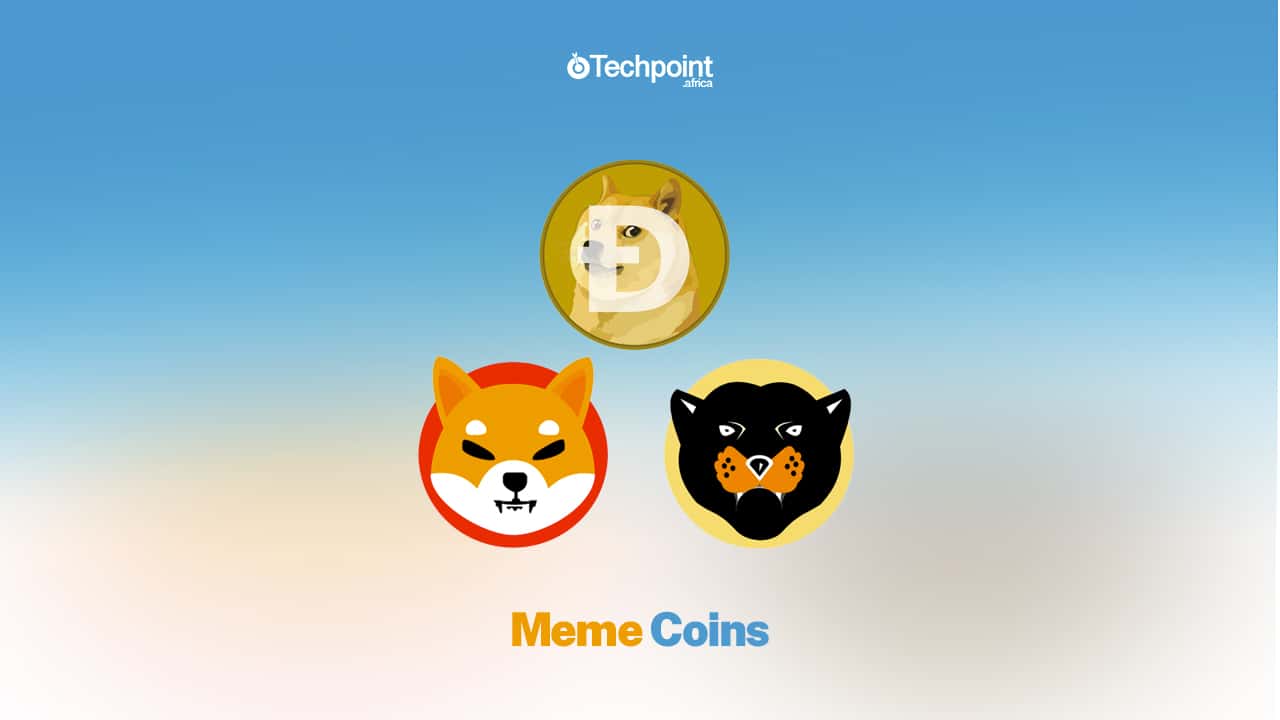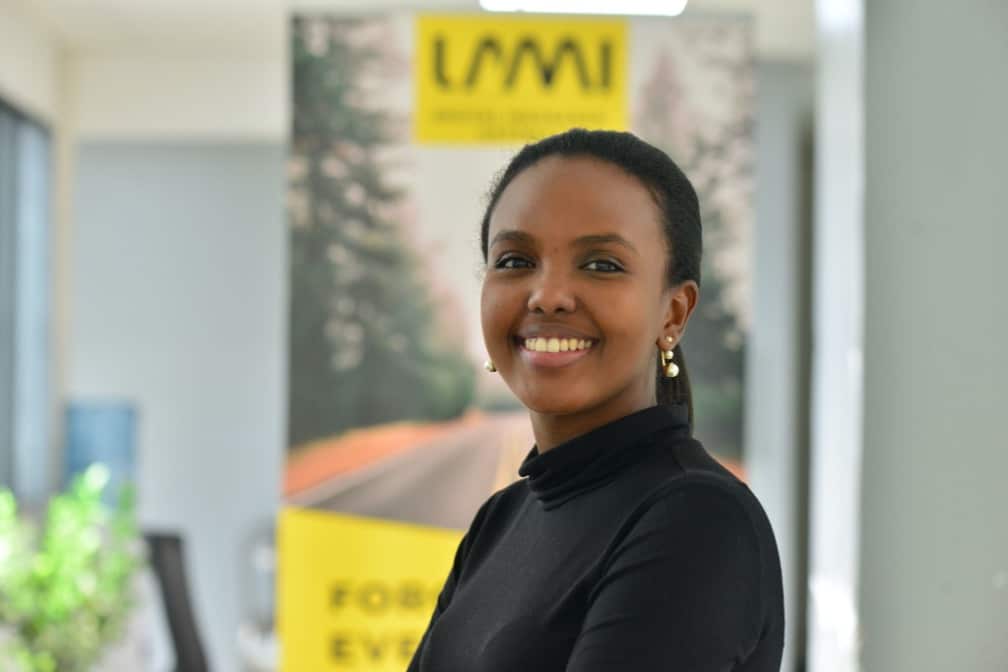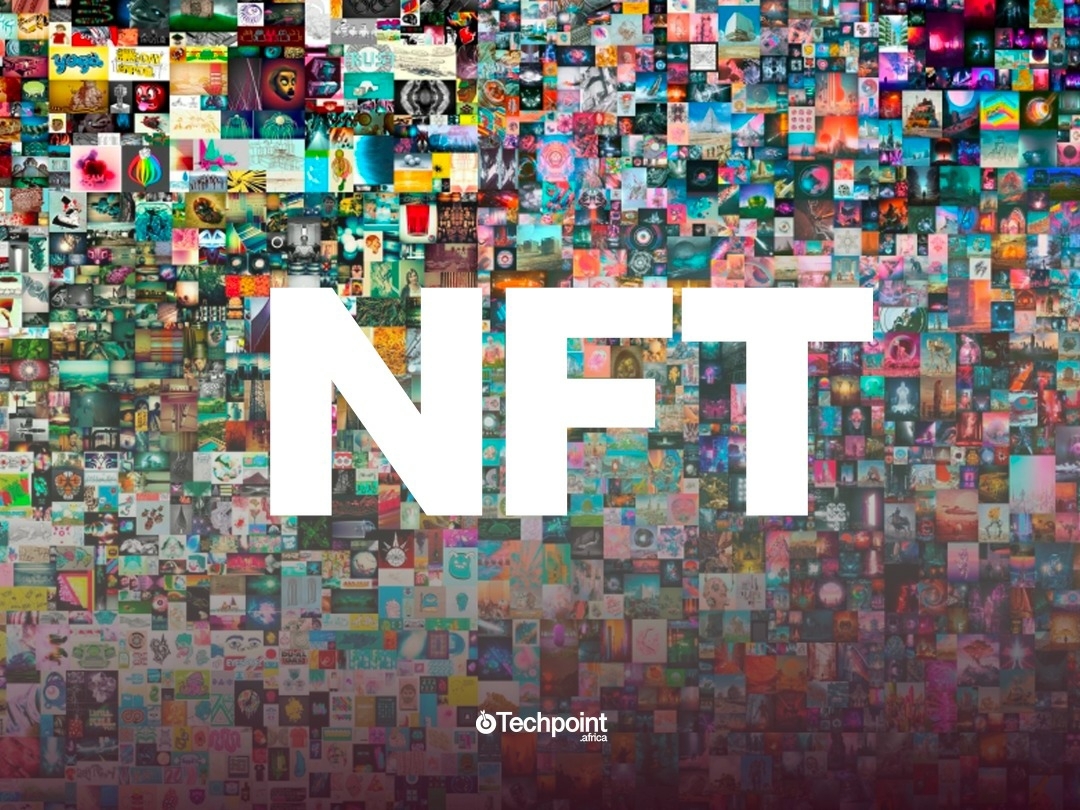As an impact investing firm, Alitheia Capital focuses on channelling capital into businesses that enhance access to essential goods and services for small and growing businesses and low-income households.
Founded in 2007 by 'Tokunboh Ishmael and Jumoke Akinwunmi, Alitheia Capital has grown to act as a fund manager for four funds within the company.
First is the Alitheia IDF Fund targeted at women-led businesses to generate returns and social impact for communities in Africa.
There is also the Goodwell Fund geared towards enabling the masses to transition from the informal to the formal sector by offering access to financial services.
Others include the uMunthu Fund, which provides risk capital to financial-focused businesses offering solutions to consumer markets in Nigeria, South Africa, and Ghana. There is also the Alitheia Clean Energy Fund which, according to Alitheia Capital's site, “provides wholesale financing to financial intermediaries who, in turn, are offering energy finance to their clients.”
The firm has companies like Paga, Lidya, and Oradian in its portfolio. Ishmael -- the firm's Co-founder and Managing Director -- spoke with Techpoint Africa and told us why Alitheia Capital chose these companies and how it invests in general.
Tell us how Alitheia Capital came about?
I had been investing for several years. I had worked in investment banking, and when I moved back to Nigeria in the early 2000s, I saw that a lot of the investments that we focused on were not necessarily addressing some of the market failures and the social issues that I could see around.
So I wanted to create a firm that invested for more than financial returns, but also looked at developmental returns as well as environmental and social matters. And Alitheia came about as a concept which is now known as impact investing to achieve that triple bottom line of profit, people, and the planet.
What does VC investment mean to Alitheia Capital?
Venture capital is about making investments in growth companies that could be at the early stage, and unfortunately in Nigeria, also seen as purely tech. But we're making investments in early-stage companies that have solved problems of financial and energy inclusion, and food security challenges leveraging technology.

Join over 3,000 founders and investors
Give it a try, you can unsubscribe anytime. Privacy Policy.
So when we talk about VC, it means investing in companies to help them grow and often, that means investing in the early-growth stage of a company. So for us, it goes beyond tech.
How did Alitheia Capital begin investing in African startups?
I wouldn't say we just invest in startups. We have invested in some startups, but we generally invest in growth companies. We're not sitting and thinking to ourselves "we must find a startup." We're usually looking for innovative solutions that solve issues of financial inclusion, meeting the financial needs of the masses and the unbanked, meeting the off-grid energy needs and leveraging technology to do that, and investing in companies that solve food security problems as well.
We're investing for financial returns, and as I mentioned, developmental and social returns. So it's not about startups but the solutions that we can help get off the ground. In some cases, it's investing in companies so that they can bring on the right technology to transform themselves and provide better access to their goods and services.
Every VC has an eye or eyes in certain markets, tell us what market Alitheia Capital is interested in and why?
We primarily invest in Western and Southern Africa.
How do you determine if a company is investible?
We look at various things. Management is key for us as we look for companies that have the foresight to bring their solutions to fruition. They should also have the experience and maturity to manage the company through its growth phase, which we are investing in. They should be humble enough to understand and accept that different voices are required to take their company to the next level.
We're also looking at areas where we're trying to solve problems whether it’s financial inclusion, energy and electricity -- particularly in the off-grid space -- and smart energy solutions. This is important because, for most companies, energy is usually the largest cost element on their balance sheet or the profit and loss (P&L) statements. We also consider the opportunity sets within the health and education sectors in terms of making them more affordable and easier for people to access these essential services.

So when we're looking at an opportunity, we're asking ourselves, “Does it even fit in the set of sectors that we look at to solve problems?” And then we're looking at its potential to have an impact. Can it do that sustainably? Can it generate cash and profitability to be a company that can scale beyond just being an excellent idea? Then we're also looking at the possibility of moving on from this investment having made a good return because we're not a charity.
So the key areas we look at are management, the opportunity, and the potential for returns.
By Alitheia Capital’s standards, what shouldn’t a startup be doing?
I can't speak for every company, but Alitheia Capital is attracted to companies that have founders and a management team with the track record and experience to push on the opportunity being presented.
They should also have the emotional maturity to deliver and to work with a partner outside the company. They need to have a product or service that presents a unique opportunity to address some of the markets' failures that I've mentioned. We're looking to partner with these teams to create a bigger pie than they can on their own by bringing in our capital, network, mentorship, and our business experience to help that company grow.
At what stage of growth do you usually invest in companies and why?
For us, ideally, these aren't companies that only exist on paper. We like to see a proven prototype or at least a solution that customers have begun to pay for; this demonstrates that it's a solution that people are willing to use, thus showing its marketability. This overcomes any initial startup risk of management or product or service.
What is Alitheia Capital’s average ticket size?
Our sweet spot is between $3m and $5m in each investment which we can do over multiple rounds. But in some cases, we've done lower knowing that the company was a good team to back.
How does Alitheia Capital deal with bad investments?
Depending on what aspect of the investment is going wrong and needs addressing, we look to support management teams and founders in the execution of their ideas and anything we bring to the table.
This is why we don't just bring capital; we bring our network, our experience, and mentors to the table. We look at our toolbox and use one of those tools to address the issue. It's on a case-to-case basis.
What investment opportunities have you regrettably passed on and why?
None, because I haven't been presented with an opportunity that I've turned down and regretted.
Which companies are currently in your portfolio?
We've got a couple of fintechs, traditional microfinance banks, agriculture companies, and energy companies. We have a robust portfolio which includes companies like Lidya, Baobab Microfinance, Paga, and SparkMeter.
How can founders reach you, and what would you say to them?
Our website has a feature for approaching us. Founders and teams usually reach out to us at info@thealitheia.com. What I would say is it's always good if your opportunity meets our criteria and the things that we're looking for.
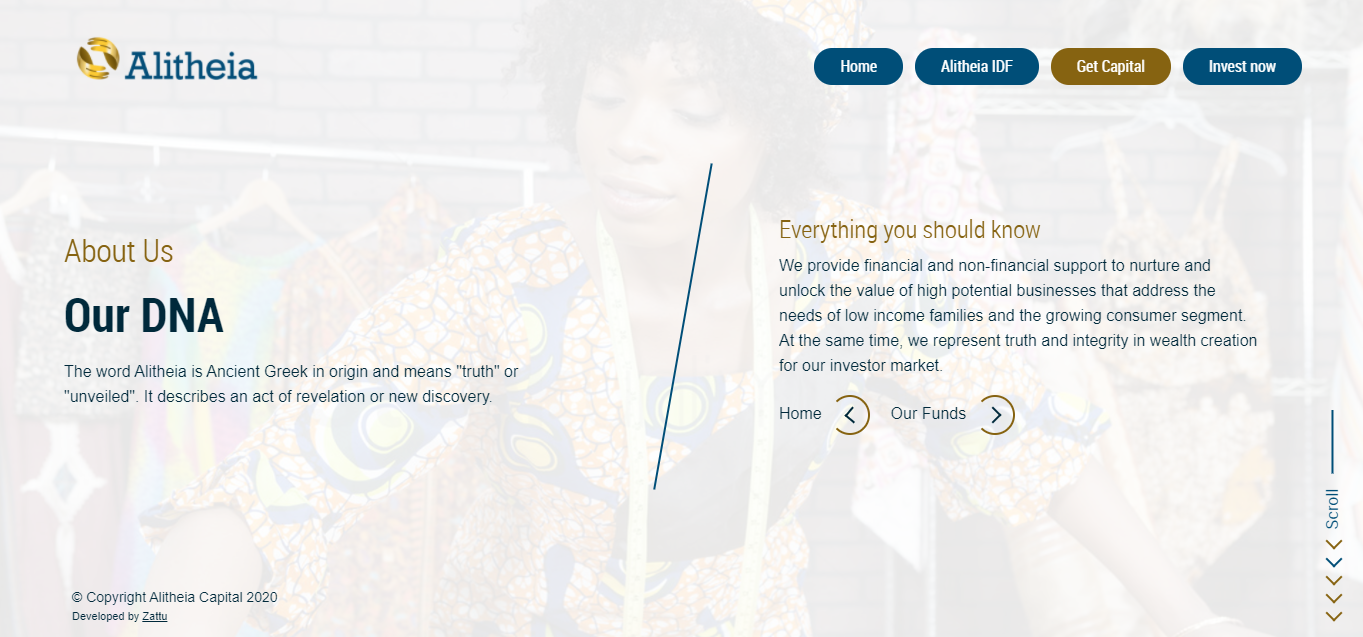
That's good practice for founders; do your research on the investor and see that there's a meeting of minds on the kind of opportunities that the investors are looking for and the business you're presenting. Also, be clear about what you intend to achieve with that money.
If you're looking for a partner that will sit with you, give you strategic advice, and open access to their networks and business mentors, then we could be that kind of partner for you. Alitheia Capital is not a passive partner that's just going to bring money and sit quietly in a corner without rolling up our sleeves and helping the company grow. We're an active investor.
Featured image: 'Tokunboh Ishmael (Co-founder and managing director, Alitheia Capital). Source: Supplied.
https://zp-pdl.com http://www.otc-certified-store.com/beauty-products-medicine-europe.html https://zp-pdl.com
http://www.otc-certified-store.com/animal-health-medicine-europe.html https://zp-pdl.com/emergency-payday-loans.php займ через контактчто будет если не платить займнародная казна займ
